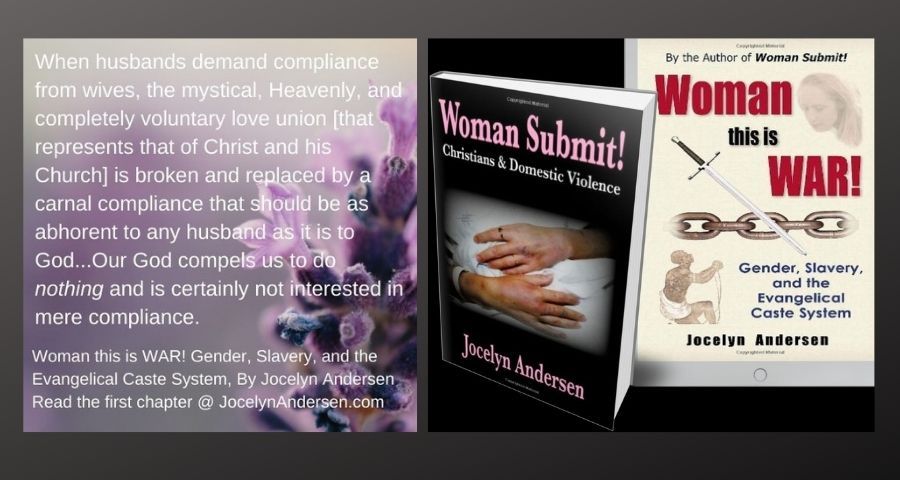1 Corinthians 11:13 Among yourselves
judge it [is] comely that a woman pray to God unveiled 14: nor does nature
autos teach you that if a man have
long hair it is a shame to him[1] 15:
and if a woman have long hair it is a glory to her for hair is given her anti-peribolaion
[instead[2] of
a veil[3]] 16:
and if any seem to be contentious we have no such custom neither the churches
of God[4]
“Verse
14 purports to be a question asking, "Doth not nature itself teach you
that if a man have long hair it is a shame?" Now every candid person must
answer this question with a "No." It is not nature, but the barber
who keeps man’s hair short. In China, millions of men wear long hair, and
nature has never taught them that it is a shame. Furthermore, the last time the
Corinthians saw the apostle Paul before he wrote this Epistle, he himself had
long hair (Acts 18:18); and to the Jew, accustomed to religious vows (Numbers
6:1-21), long hair, religiously speaking, was more of a "glory" than
a "shame." Additionally to this, the native Corinthian's would have
thought this a strange question to submit to them, for they would boast that
they were descendants of the “long-haired Achaeans," celebrated as such on
almost every page of that most famous and most ancient Greek poem, Homer's
Iliad. Therefore we do not believe that St Paul asked a question, here. His
simple statement of fact, "Nor doth nature teach you," has been
changed into a question by the uninspired men who put in the punctuation marks
centuries later than St. Paul wrote
these words. As a question, this is a Tremendous Misfit. It contradicts
a fact of nature; it makes St. Paul inconsistent in his practice with his
teaching; it is an entirely unsuitable question to submit to Achaeans."
–God’s Word to Women, 1908, Katherine Bushnell
[2] G473 anti can mean: in support of or opposed to; opposite to or instead of…
[3] G4018 paribolaion can even refer to a full-body covering such as a burqa,
which would not have been uncommon among even the Jews in Paul’s day.
[4] Paul is referring to the “custom” of
the Jews and Greeks of veiling their women. He is refuting the custom of veiling by saying that the Christian faith
does not veil (cover and hide) their
women. Today, most Eastern and Middle Eastern women continue to be hidden by
the veil (e.g., the Muslim hijab), or they may be required to completely hide
themselves with the burqa, which renders them essentially invisible—completely hidden
from society. Traditional role religionists and the complementarian sect of
Christianity continue to veil their women, as well—but instead of veils, hijabs,
wraps, and burqas, they use restrictive roles to keep their women in their traditional
“place.” These sects of Christianity enable only men to be entirely autonomous.
Traditional-role-religion and complementarianism agree with Islam, Hinduism,
and Buddhism in granting full autonomy only to men. Patriarchal traditional-role-religion
and complementarian paradigms, diabolically oppose the teachings and example of
Jesus Christ and the early Church, in granting the same liberties to Christian women
as was granted to Christian men.


No comments:
Post a Comment